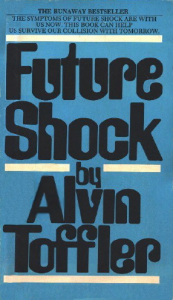 Do you have what it takes to be a writer? If you did, would you know you did? Sometimes it’s difficult to tell. To make it easy for you, I’ve developed a handy test along the lines of Jeff Foxworthy’s ‘Redneck Test.’ See how many of these apply to you.
Do you have what it takes to be a writer? If you did, would you know you did? Sometimes it’s difficult to tell. To make it easy for you, I’ve developed a handy test along the lines of Jeff Foxworthy’s ‘Redneck Test.’ See how many of these apply to you.
You might be a writer if:
- You’ve ever jotted down a plot idea by interrupting a shower.
- You celebrate the birthdays of William Strunk and E.B. White.
- You’ve day-dreamed an entire talk-show interview about your best-selling novel.
- You have a favorite intransitive verb.
- You’ve cried over the loss of your favorite pen.
- You’ve ever invoked Hemingway to defend a drunken binge.
- Your muse is as real to you as your spouse, and that seems to bother your spouse.
- You have checked the Thesaurus…for mistakes.
- You’ve ever sneaked in extra writing time while at your day job, in the bathroom.
- Your computer keyboard cringes when you come in the room.
- You’ve ever said, “Honest, Officer, I was doing research.”
- Your few remaining friends groan when they hear you say, “Want to hear about my latest story?”
- You’ve called a company to rant about grammatical mistakes in their advertisements.
- You read the dictionary for pleasure, and then re-read it.
- The last three months of your wall calendar read October, Nanowrimo, December.
- Your study is wallpapered with rejection letters.
- Microsoft Word software development engineers call you for ideas.
- Your three children have told you they hate their names. All three of them, Shakespeare, Dickens, and Dostoevsky.
Lastly, you might be a writer if:
19. Your spouse has asked when you’re coming to bed, and you’ve replied “as soon as I finish writing this intimate bedroom scene.” An hour later, your characters collapse in satisfied weariness, but your spouse is no longer in the mood.
For those of you out there who are already authors, feel free to comment and add any other items to my test. If you weren’t sure if you’re a writer, let me know if you found the test useful, or at least interesting. As always I strive to be of help to beginning, struggling writers. It’s all part of the free service provided by—
Poseidon’s Scribe












